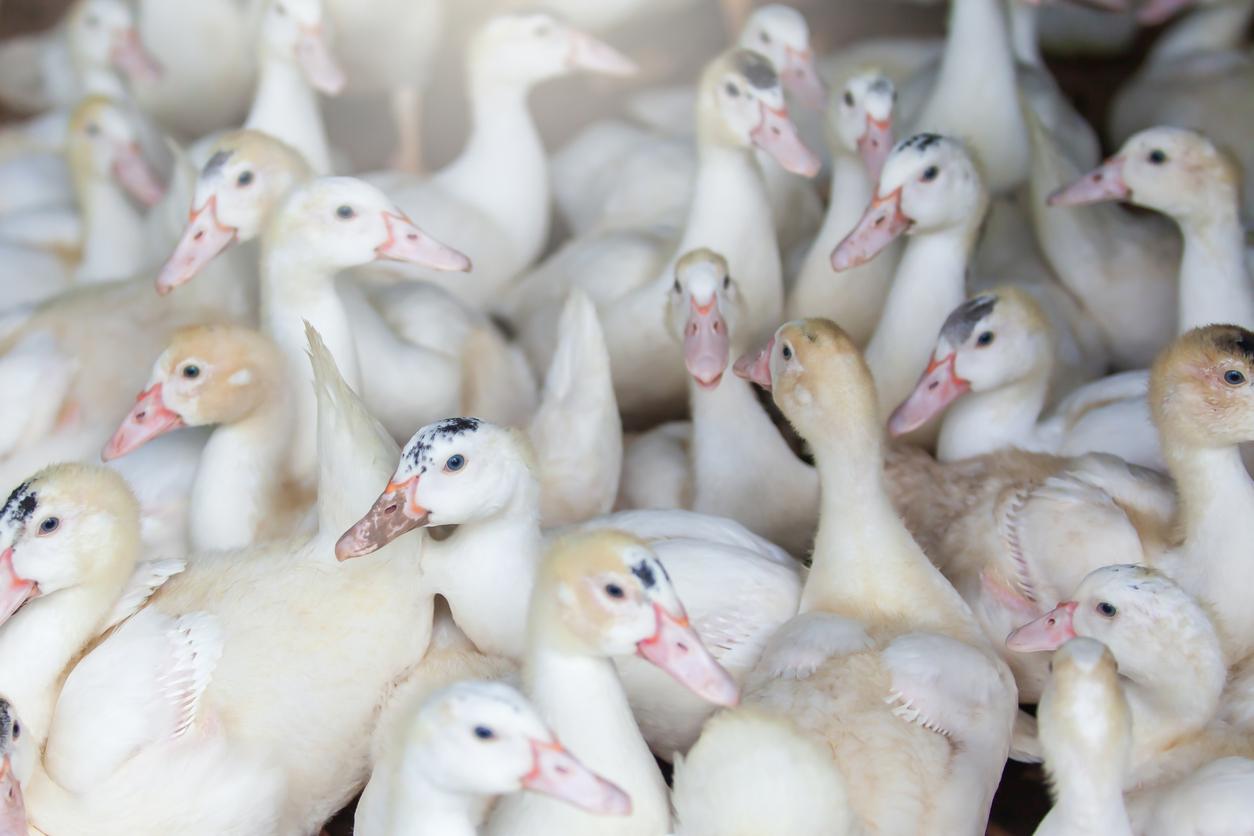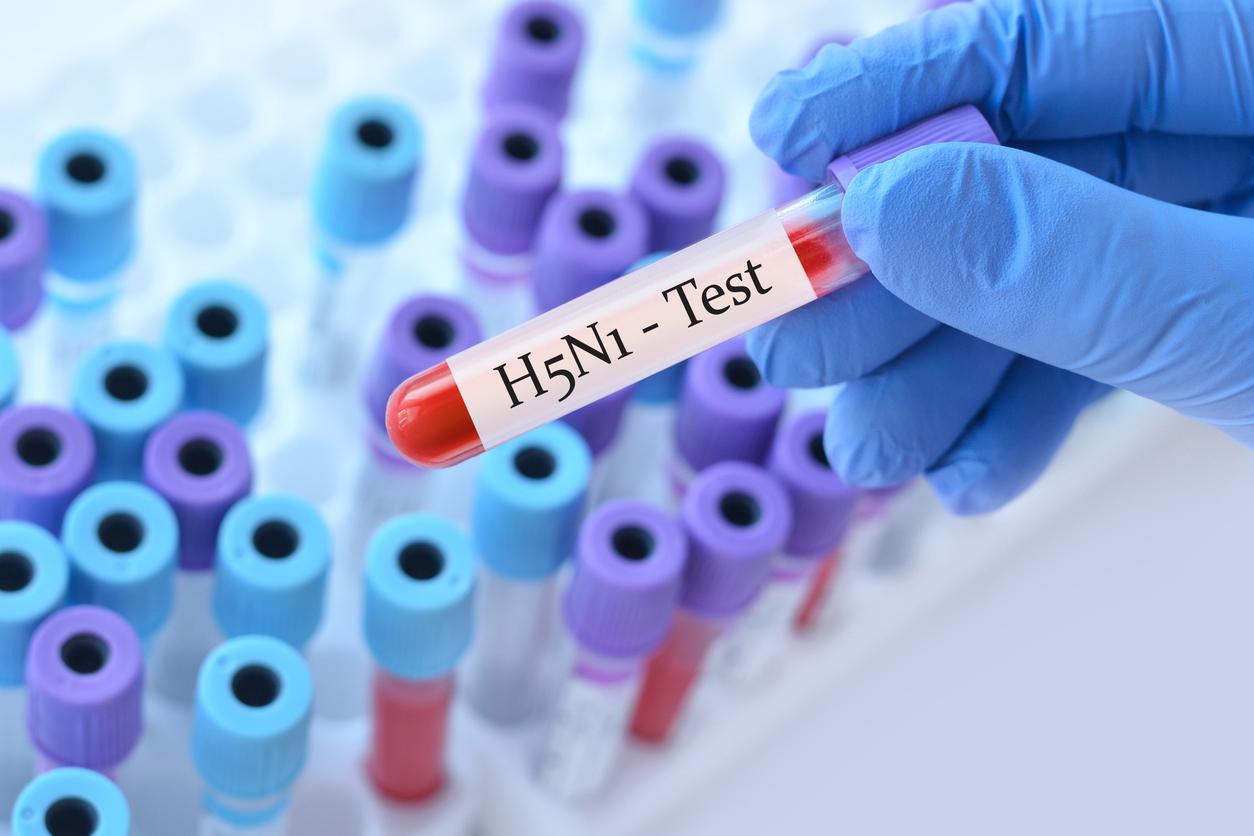The number of variants associated with Covid-19 continues to grow. But according to some scientists, the situation could be less serious than it seems.

- The Covid-19 pandemic has claimed at least 2,929,563 lives worldwide since the WHO office in China reported the outbreak of the disease in late December 2019.
- Since the start of the vaccination campaign in France, 10,507,294 people have received at least one injection (i.e. 15.7% of the total population and 20.0% of the adult population).
Number of new variants is worrying: after the British, the Brazilian and the South African, others have since appeared, notably in France and the United States. A very unpleasant phenomenon that suggests that we will never see the end of the tunnel. However, the scientists want to be reassuring: several of them explain that the capacities of SARS-Cov-2 to develop and spread are in reality limited.
“Like a game of Tetris”
In other words, SARS–CoV–2 reproduces mutations that ultimately turn out to be quite similar to each other. According to the American researcher Vaugh Cooper, quoted by the site Futura Sciencesthis phenomenon could be explained by the fact that the mutations of the SARS–CoV–2 converge with amino acids that nest each time in the same tip of the protein.
“You can think of convergent evolution as a game of Tetris, where a limited number of building blocks can be put together in different ways to get the same winning structures,” explains the scientist.
Mutations that can, however, affect the effectiveness of vaccines
The words of this researcher go in the same direction as several studies that have demonstrated vaccine effectiveness against the variants responsible for Covid-19. Other American scientists even go so far as to assert that less than 1% of mutations would be able to make Covid-19 resistant to the antibodies currently being developed in vaccines.
However, caution is advised. A study published in February in the journal Nature and carried out by British researchers from the University of Cambridge notably hypothesized that new mutations of Covid-19 could diminish the effectiveness of the AstraZeneca vaccine against the South African variant.
The authors of this publication suggest that new mutations could arise in the event of chronic infection because of the treatment taken over a prolonged period, offering the virus multiple opportunities for evolution. A day earlier, a South African study conducted by the University of the Witwatersrand in Johannesburg came to similar conclusions.
.

















